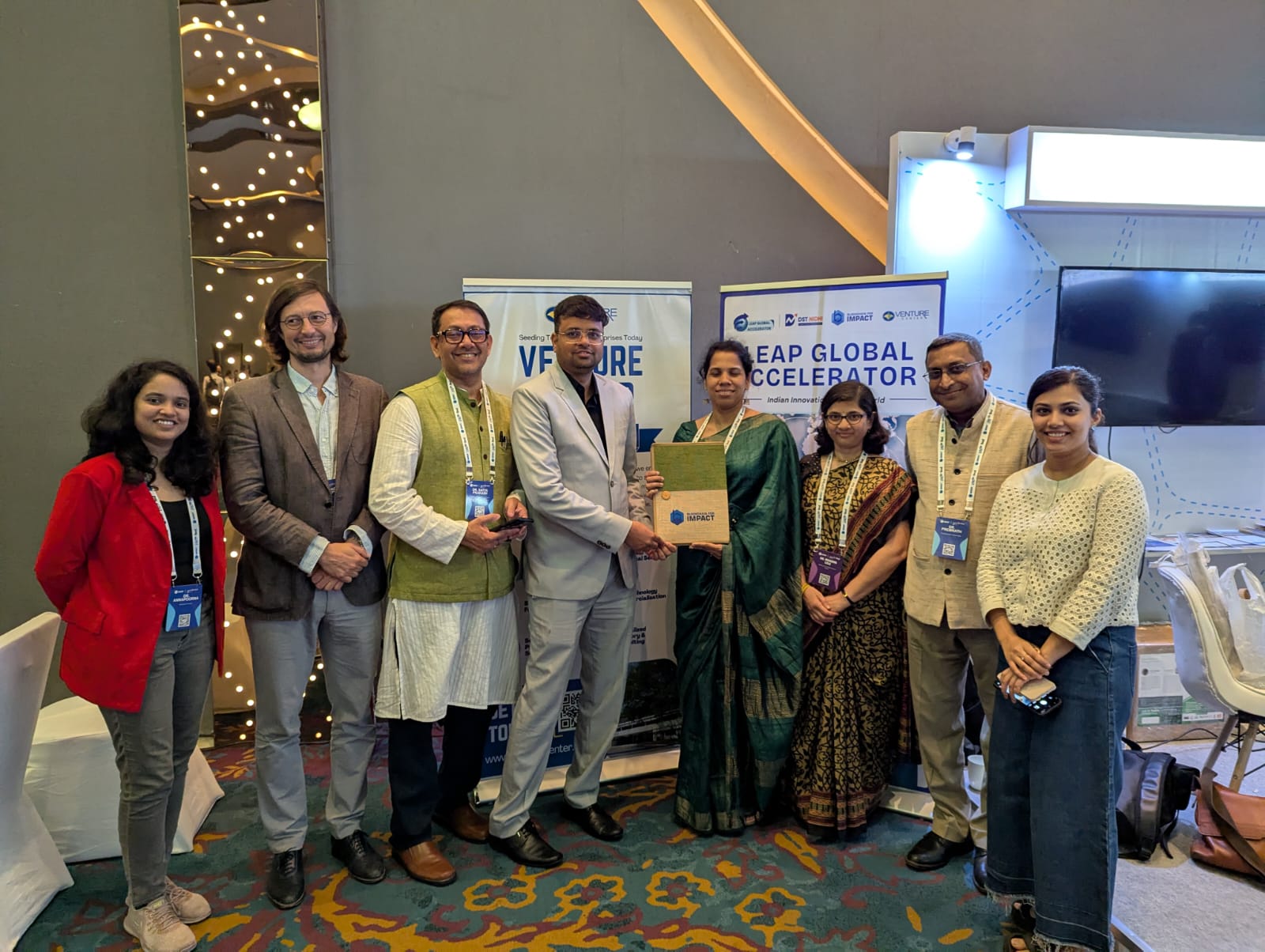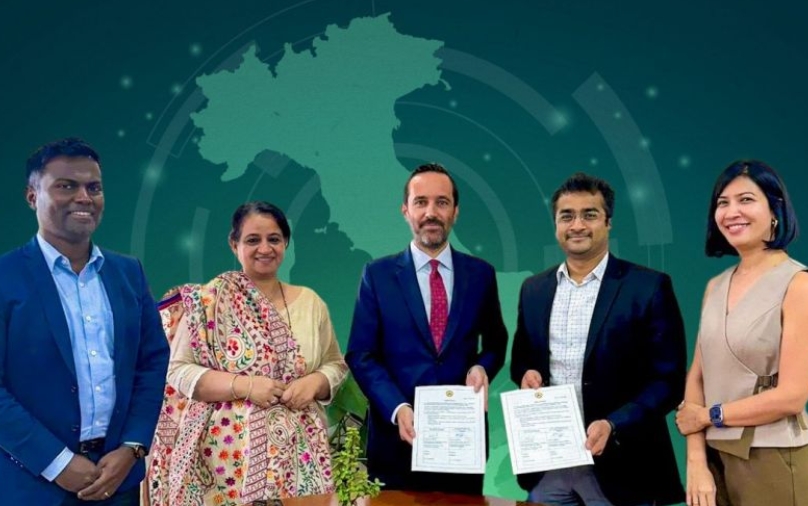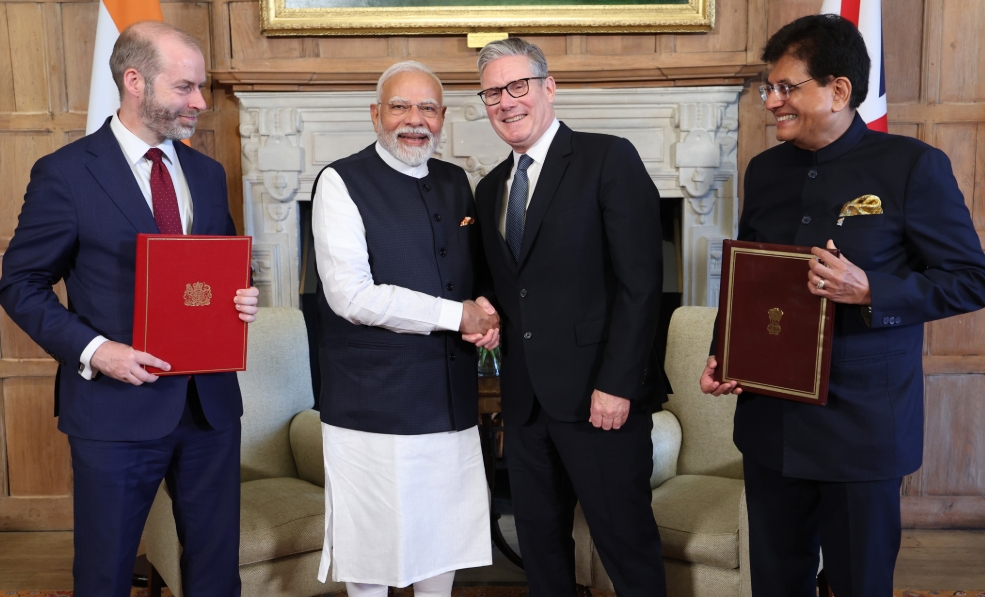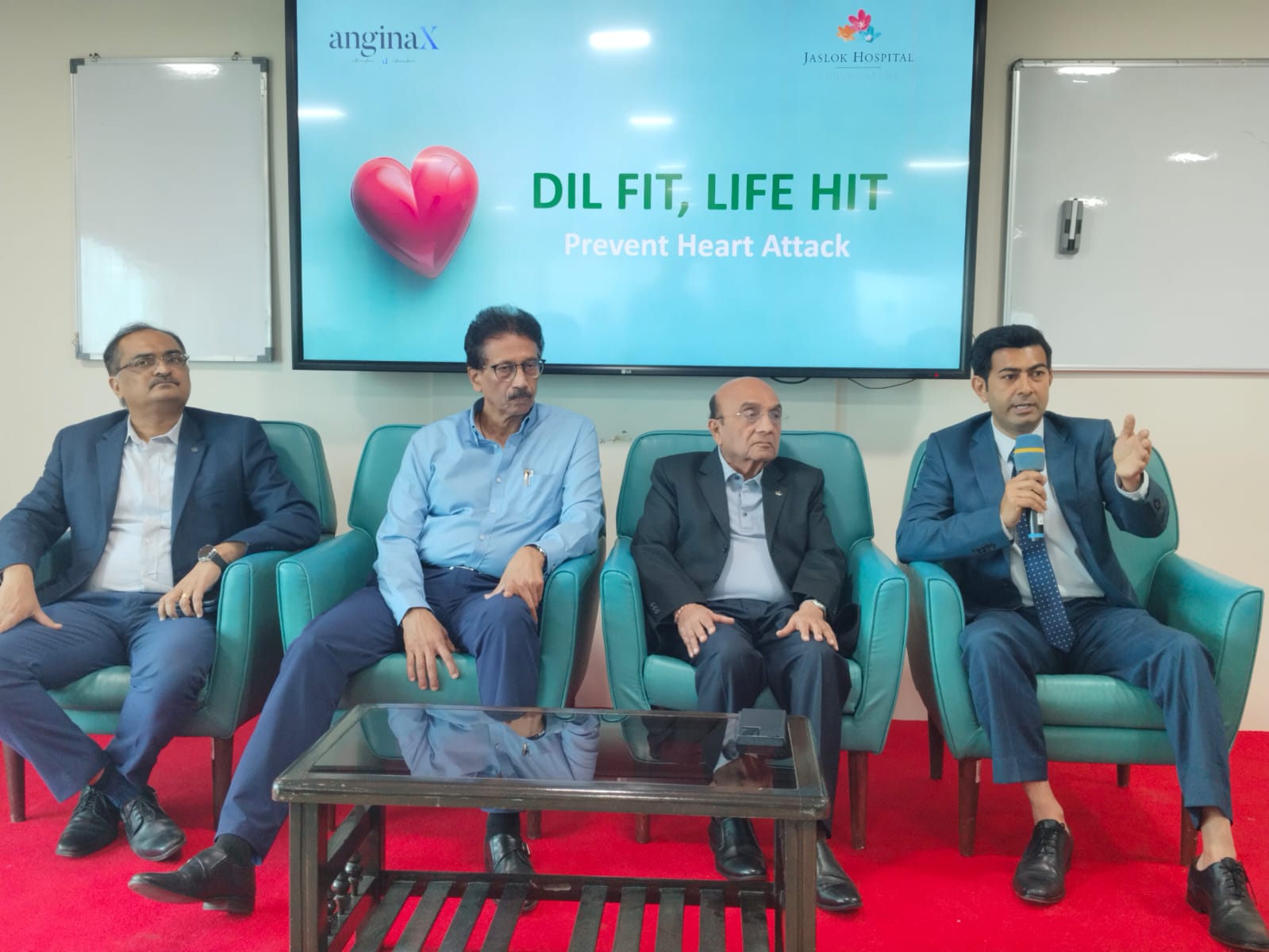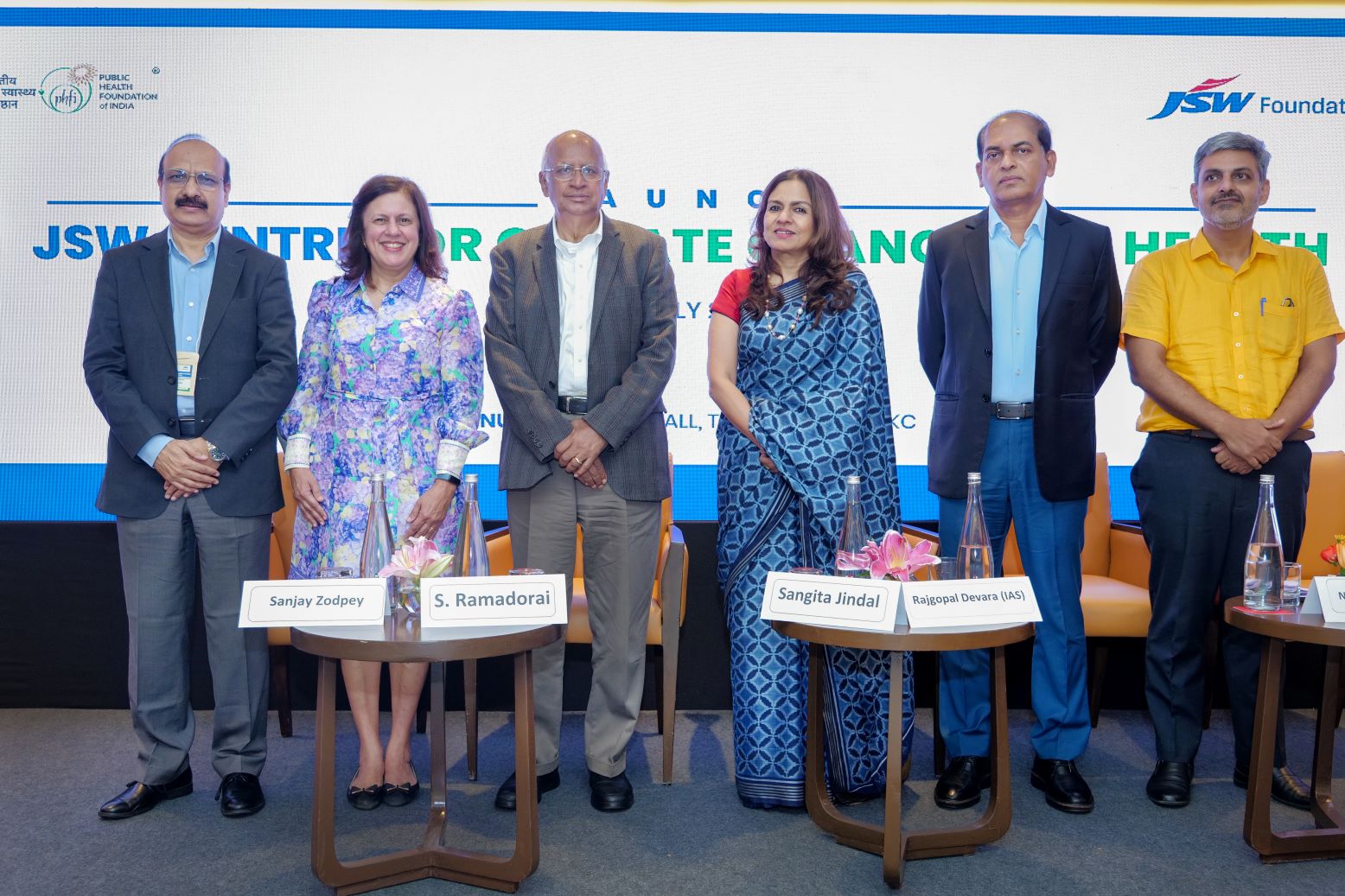India's healthcare and pharma sector records deals over $30 B from 2022 to 2024
March 11, 2025 | Tuesday | News
Grant Thornton Bharat & AHPI's report maps India’s healthcare investment landscape
image credit- shutterstock
Grant Thornton Bharat, in collaboration with the Association of Healthcare Providers India (AHPI), has released the report titled ‘Vitals for Growth: Decoding Healthcare Financing and Funding in India’. The report explores financing trends in India's healthcare sector, which has become a cornerstone of the nation's economy, driven by demographic changes, technological advancements, and increasing demand for quality healthcare.
From 2022 to 2024, India's healthcare and pharma sector recorded 594 M&A and private equity transactions, totaling over $30 billion in deal value.
Hospitals accounted for nearly 40% of this, underscoring the investor focus on infrastructure expansion and operational efficiency.
In 2024, the hospital segment dominated deal values with a 44% share, totaling approximately $6.1 billion—a robust year-on-year growth of nearly 24%. Multispecialty hospitals continue to lead in healthcare delivery, with recent consolidations aimed at achieving operational efficiencies and regional expansion.
Single-specialty hospitals have attracted $1.4 billion in private equity investments over two years, demonstrating strong operational efficiency and scalability.
FDI in healthcare and diagnostics has reached $3.2 billion between 2022 and 2024. Hospitals require diverse funding solutions to sustain growth, ranging from equity financing, debt financing, and foreign direct investment (FDI) to public-private partnerships (PPPs).
Since April 2000, FDI inflows into healthcare and diagnostics have reached $11.19 billion as of September 2024, primarily targeting hospital chains, diagnostics, and specialised care facilities.
“To strengthen India’s healthcare infrastructure, it is crucial to address the shortage of healthcare professionals, with a deficit of 1.54 million doctors and 2.4 million nurses. The urban-rural disparity remains a challenge, as 60% of hospital beds are concentrated in metro cities while 70% of the population resides in non-metro regions. The increasing cost of medical treatments and high out-of-pocket expenditures further necessitate innovative financing models. Addressing these concerns through enhanced medical training programs, incentives for rural healthcare expansion, and digital health adoption will be pivotal in ensuring equitable access to care across all regions of India,” shares Dr Girdhar Gyani, Director General, AHPI.



